Clearing the Sexual Assault Backlog in Murdertown, USA
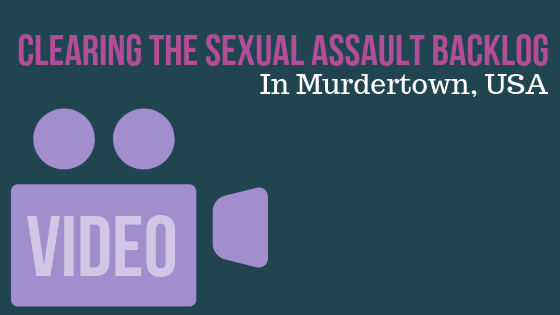
Clearing the sexual assault backlog in the US has become a top priority over the past couple of years, because each rape kit that sits on a shelf untested represents a victim whose case has not yet been investigated. In Flint, Michigan, the backlog stood at 1,047 untested kits when Jen Janetsky became an […]
Entry-Level Coaching Inspires a Winning Culture

The first three years of a young forensic scientist’s career matter greatly. More personal and professional transformation occurs during this time than perhaps any other. It sets the tone for the scientist’s life in the laboratory by establishing attitudes that will either expand or deflate her/his potential to be a high performer. Whenever […]
The Future of Synthetic Biology – An Interview with Andrew Hessel
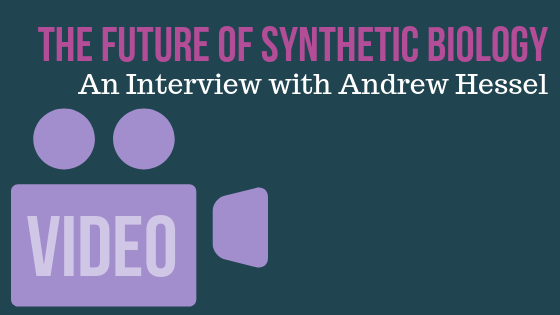
What if you could cure cancer with a synthetic virus or pre-load your children with genetic information? The future of synthetic biology is here. In this interview, Andrew Hessel, founder of Humane Genomics, explains how tailor-made viruses may one day cure cancer, how IVF will be replaced by a less expensive and more effective method, […]
To Catch a Predator – An Interview with Paul Holes
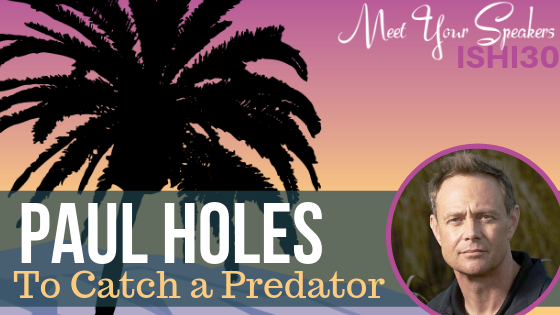
In his keynote address at ISHI 30 this September, Paul Holes will detail how investigative genealogy techniques, determination, and more than a little bit of patience led to the identification and capture of the Golden State Killer. We recently interviewed Paul and asked him what drew him to the Golden State Killer case, how he […]
Mixture Interpretation in DNA Forensics – An Interview with Greg Hampikian
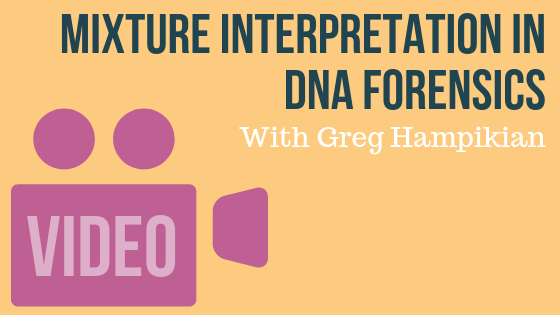
Greg Hampikian, Executive Director of the Idaho Innocence Project, discusses concerns he has with current mixture interpretation procedures, changes he’d like to see for the future, and thoughts on how to improve forensic science. Transcript: Laura: Hi, we’re here at ISHI 29, and we’re talking with Greg Hampikian. Greg, why don’t […]
Ethical Issues Around Investigative Genealogy
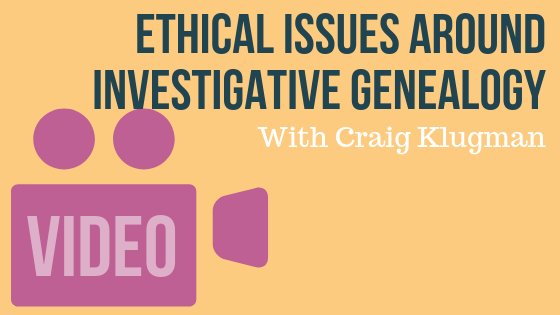
Craig Klugman, a Bioethicist at DePaul University details the issues surrounding commercial DNA databases and using these databases for investigative genealogy purposes, and offers some paths forward. Transcript: Laura: Hi, we’re here at ISHI 29 with Craig Klugman. Craig, tell us a little bit about yourself. Craig: Well, I’m a […]
Using Genetic Genealogy to Provide Answers – an Interview with CeCe Moore
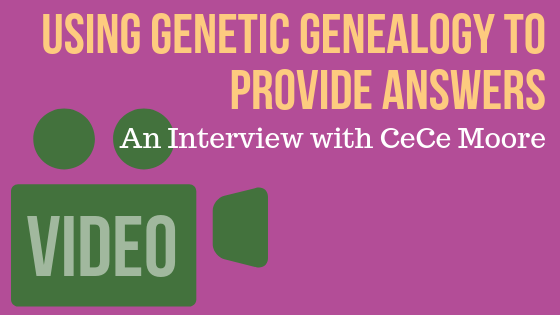
Sarah Dingle, an investigative journalist with the Australian Broadcasting Corporation interviews CeCe Moore to discuss how she’s used genetic genealogy to help adoptees and donor conceived individuals find their biological families, and is now applying the same techniques to cold cases. Transcript: Sarah: Hi, I’m Sarah Dingle. I’m an Investigative Journalist […]
New Advances in DNA Technology to Assist with Mass Casualty Disasters
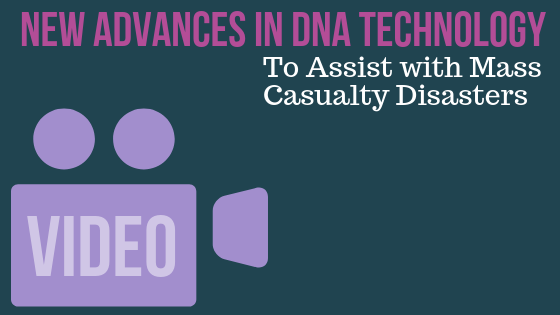
Mandy Sozer of SNA International describes how DNA technology has changed over the past 30 years and how new advances are helping to bring closure to families of mass casualty victims. We also discuss the importance of educating the public about DNA for forensic use and why women seem to be drawn to the field […]
Under the Microscope – Kyleen Elwick
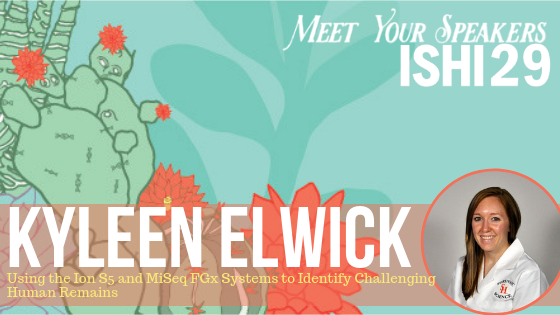
Missing persons’ cases, unidentified human remains, and mass disasters are problems faced not only within the United States, but also many other countries worldwide. Routinely in missing persons’ cases, challenging skeletal remains (bone and teeth) are the only samples available for DNA analysis. However, some samples are more challenging to process than others because of their […]

